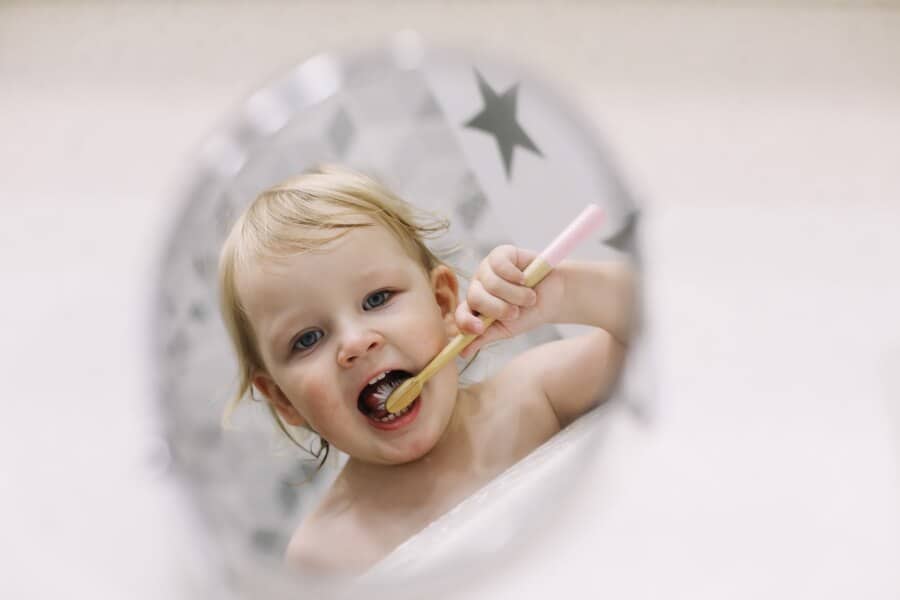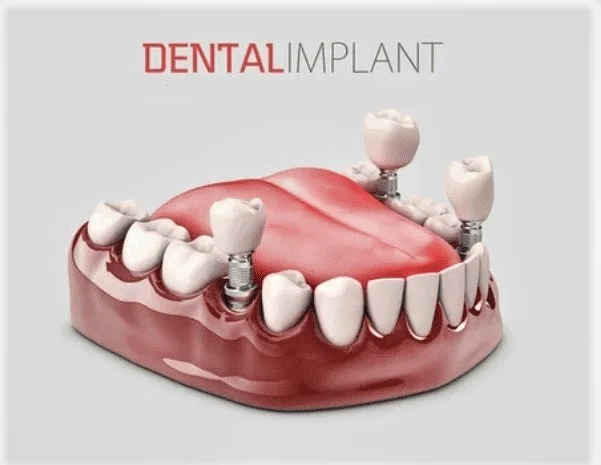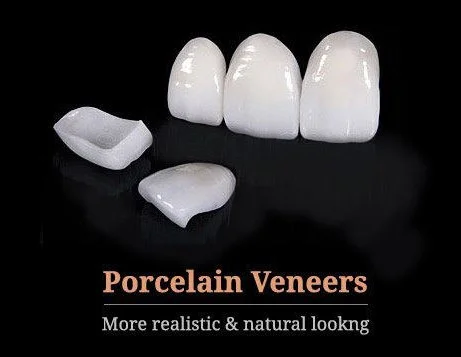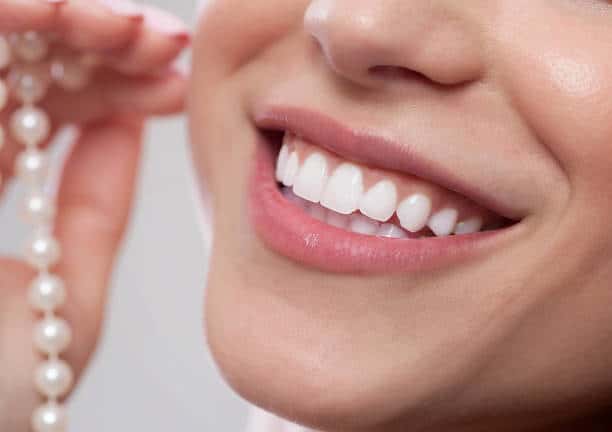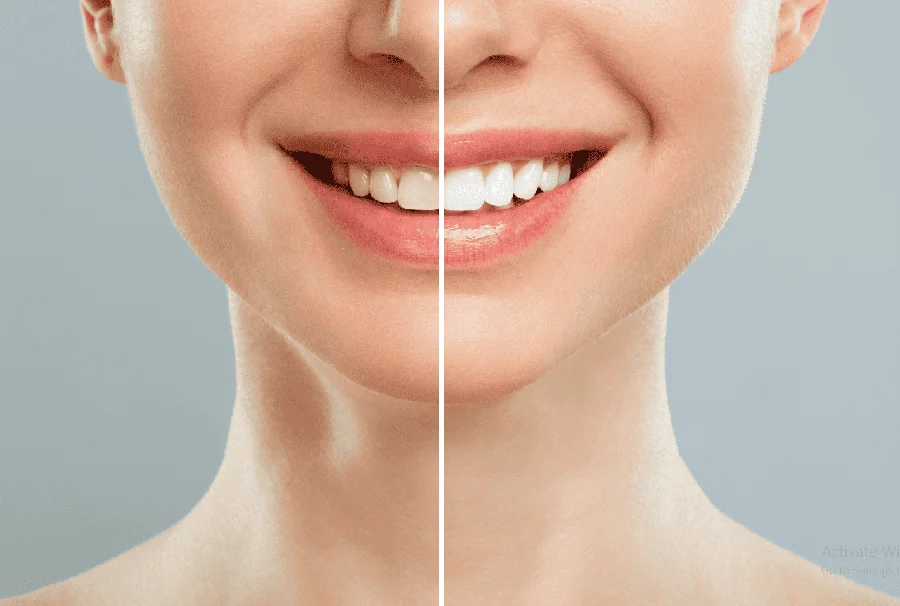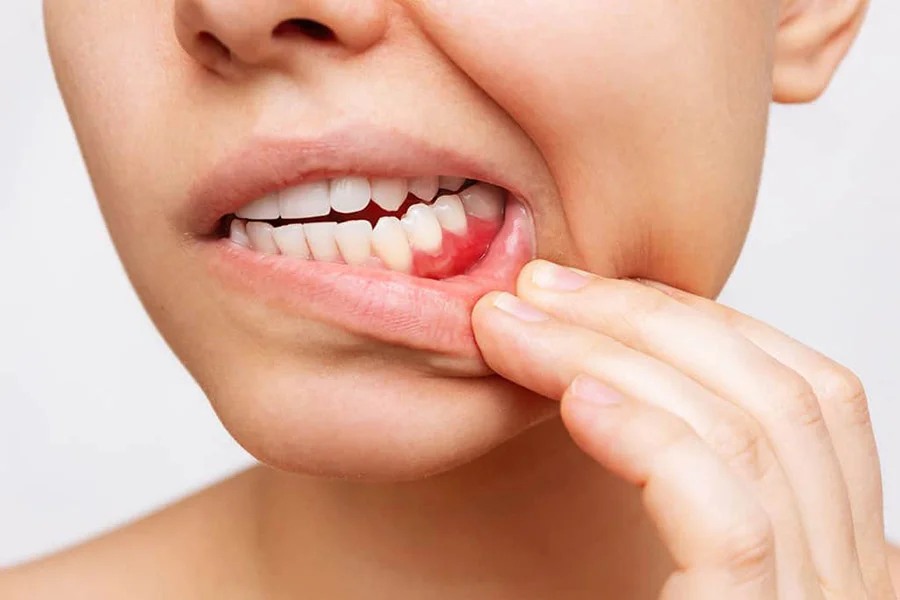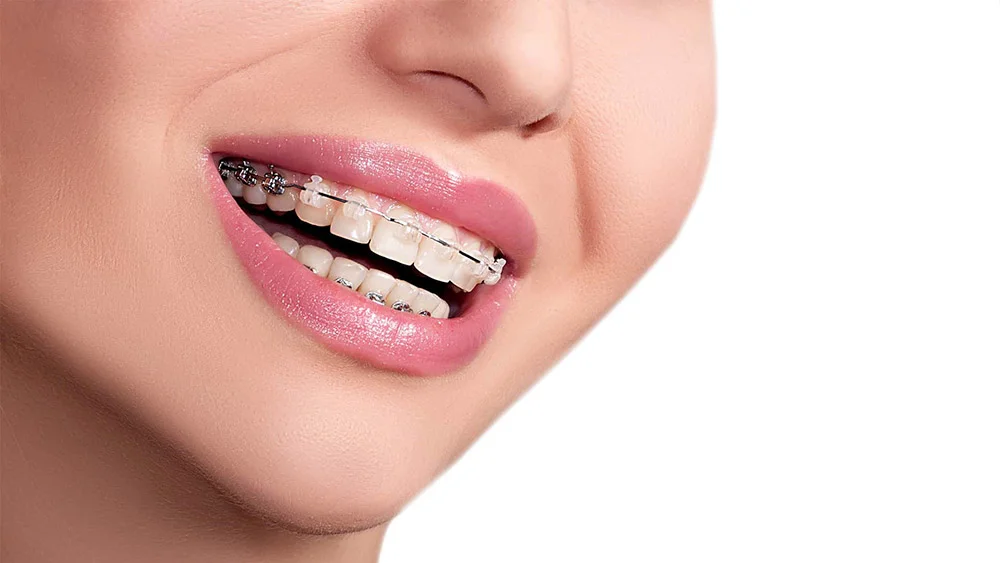Children's dentistry
Children's dentistry
International Dental Center - Smile Care
Milk teeth
In most children, milk teeth erupt at the age of 6-8 months, although individually they can erupt earlier or later, which in most cases does not represent any danger. It is important to know that the milk dentition includes only 20 teeth, which are cut out at 24-30 months. That is why the earlier we start taking care of our teeth and introducing hygiene skills, the better it will be for our baby's oral health. Nowadays, there are many ways to make children fall in love with oral care. Toothpastes, which are allowed to be swallowed, and toothbrushes, which are often decorated with cartoon characters and animals, are quite tasty.
Oral prophylaxis
It is necessary to start brushing teeth from an early age, from the very first tooth of the baby, and parents should take care of this, already at the age of 2, children are able to take care of their oral cavity by themselves, but they always take an example from their parents, so parents should be prepared that it will be necessary to remind your baby to brush his teeth several times a day. morning and evening. To make the process of brushing teeth pleasant, choose a fun brush and a delicious toothpaste for your baby.
It is necessary to choose the right diet for the baby, there is a risk of caries when mothers give the baby a bottle of sweet tea or a fizzy drink when they are a little older to calm them down late at night. At the same time, it is necessary to take into account that marmalades, marshmallows, chocolates already mean caries, so we should try to give such sweets to the child 1-2 times a week, and in no case at late hours.
In order to rule out not only caries, but also short tongue bridle, short lip bridle and other pathologies in the case of speech disorders, it is necessary to plan a visit to the dentist from an early age. Preventive visits should be once every 3-6 months.
First visit to the dentist
The first visit is very important and as much as possible should be preventive in nature, not related to pain, this will determine the future oral health of your baby. The first thing you should consider is the psychological preparation, authority for the child by the parent. It is preferable to introduce who the dentist is by means of some applications or videos, it is preferable to provide this information 1-2 days in advance, it is not necessary to explain in detail what the doctor does, because if what you explain does not match what he saw at the dentist, the child will think that he has been lied to and will not stop calmly on the chair. Explain that you are being taken to see exciting entertainment, almost on medical rides. Do not promise a gift under any circumstances, as soon as you make such a promise, he will have the feeling that something terrible is waiting for him and he has to wait for the gift. In case of finding it on the dental bed, don't tell your child "it doesn't hurt", "you have to wait a little", "does it hurt?" . Children feel everything, try not to show your excitement.
Should we treat milk teeth?
Baby teeth are constantly changing, but everything has its own time, a damaged baby tooth cannot be ignored, as a result of ignoring it, its premature loss leads to disturbances in the development of jaws and teeth, therefore, we must treat the baby tooth. Treatment should be cheerful and interesting. At the same time, children's dentistry actively uses colored pencils, so children often compete with each other in kindergartens and schools. They are motivated to take better care of their colored teeth in order to preserve them for a long time.
Caries prevention
As soon as the first permanent teeth are cut, it is necessary to visit the dentist and to seal the fissures of the existing chewing teeth, that is, to fill the natural anatomical cavities of the teeth with a thin sealing mass. In many cases, the majority of parents do not know that from the age of 6, the first permanent chewing teeth appear in children, which play an important role in the development and formation of the jaw-dental system.
